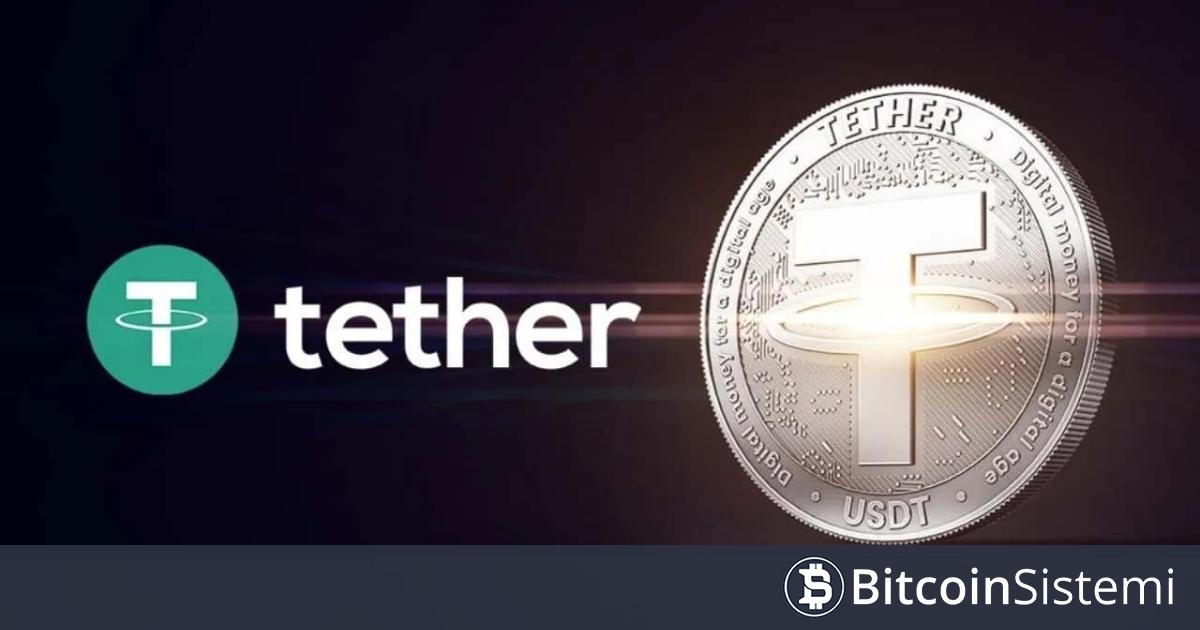
With the Crypto-Asset Markets Regulation (MICAr) coming into full force on 30 December 2024, Europe crypto para The market is preparing for a shocking change.
The fact that Tether’s USDT will be delisted from most European central exchanges is among the most significant changes that create fear, uncertainty and doubt (FUD) in the market. Here’s what this means for crypto users, businesses, and the future of digital assets.
MICAr stands for Crypto-Assets Regulated Markets. This comprehensive regulatory framework introduces licensing requirements for cryptocurrency businesses in the European Union (EU), including “transitional rules” that facilitate harmonization across EU member states.
In essence, MICAr creates a transparent environment for crypto activities by mandating Know Your Customer (KYC) processes for crypto transactions and wallets. While advocates see this as a step towards market legitimacy, critics argue it could stifle innovation and violate privacy. MICAr is also expected to impact global crypto regulations; The United States and other countries are likely to adopt similar rules in the near future.
What Will Change Within the Scope of MICAr?
Travel Rule
The Travel Rule will require cryptocurrency businesses operating under an EU license to collect and share the identities of both senders and recipients for all transactions, regardless of their size. This rule applies to:
- Stock market transactions: Exchanges will share users’ personal data during transfers.
- Hot and cold wallets: Even personal wallets should be linked to verified identities, giving authorities and exchanges full visibility of transactions.
Critics argue that such extensive data collection increases the risk of privacy breaches and data leaks.
Delisting Tether (USDT)
One of the most immediate impacts of MICAr is the delisting of Tether’s USDT, the world’s largest stablecoin by market cap. USDT will no longer be available on most centralized exchanges in Europe starting December 30th.
USDC (USD Coin) While it has been deemed compatible and will remain in use, the loss of USDT could disrupt trading pairs and liquidity. More stablecoins could follow, potentially reducing options for users in the EU.
What Does This Mean for Users?
- Transfers from Stock Exchange to Stock Exchange: Personal data will now accompany every transaction. This lack of anonymity raises concerns about where private information might go and how securely it will be handled.
- Hot and Cold Wallets: Linking wallets to identities undermines the privacy that crypto wallets traditionally offer. Even offline wallets that do not provide direct entry or exit on-ramps for fiat currency will face KYC requirements.
MICAr advocates argue that tighter regulations would combat criminal activity such as money laundering and tax evasion. However, research shows that personal wallets do not significantly contribute to these risks because they do not have fiat inflows and outflows. Critics claim the measures disproportionately affect privacy-conscious users and set a worrying precedent for global crypto governance.
*This is not investment advice.
For exclusive news, analysis and on-chain data Telegram our group, Twitter our account and Youtube Follow our channel now! Moreover Android ve IOS Start live price monitoring now by downloading our applications!
Source: https://www.bitcoinsistemi.com/son-ortaya-cikan-tether-usdt-fudu-nedir-panige-gerek-var-mi-iste-bilinmesi-gerekenler/

